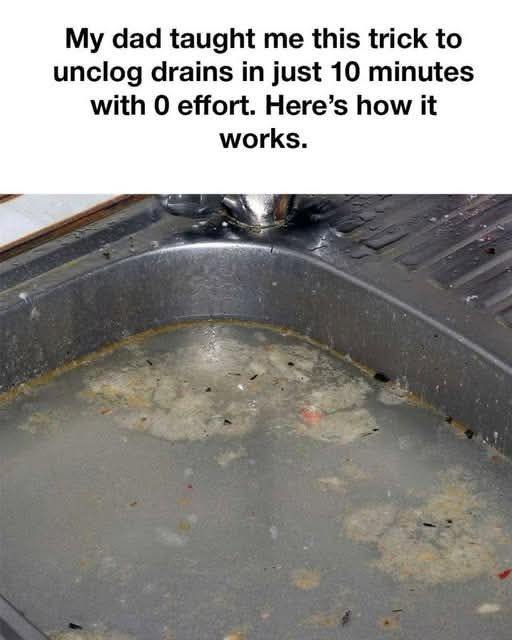ADVERTISEMENT
## 8. How to Fix a Leaky Pipe
Leaky pipes can cause water damage if not addressed promptly. Here’s how to repair a leaky pipe:
### **Step 1: Turn Off the Water**
Shut off the water supply to the affected area by turning off the main water valve.
### **Step 2: Locate the Leak**
Inspect the pipe carefully to identify the exact location of the leak. You may need to dry off the pipe with a cloth to see the leak more clearly.
### **Step 3: Apply a Temporary Patch**
If you can’t fix the leak immediately, apply a temporary patch using plumber’s tape or a rubber patch to seal the leak. This can stop the flow of water until you can make a permanent repair.
### **Step 4: Replace the Pipe (if necessary)**
If the pipe is cracked or corroded, you may need to replace it. Use a pipe cutter to remove the damaged section, and replace it with a new piece of pipe using the appropriate fittings and glue. Reassemble the plumbing and turn the water back on to check for leaks.
—
## 9. When to Call the Plumber
While many plumbing problems can be solved with DIY solutions, there are times when calling a professional plumber is necessary. Consider calling a plumber if:
– You have a major pipe burst or flood.
– You’re dealing with complex plumbing issues that you don’t feel comfortable tackling.
– The plumbing problem is affecting multiple areas of your home.
– You don’t have the necessary tools or time to make the repair.
—
## 10. Preventative Plumbing Maintenance Tips
Preventative maintenance can help you avoid many common plumbing issues. Here are some tips to keep your plumbing in top shape:
– **Clean your drains regularly** to prevent clogs from forming.
– **Check your water pressure** annually to make sure it’s within the normal range.
– **Inspect pipes for leaks** and replace worn-out seals or gaskets.
– **Avoid pouring grease down the drain**, as it can harden and block the pipes.
– **Flush your water heater** annually to remove sediment buildup and improve efficiency.
—
## 11. Conclusion: Empowering Yourself with Plumbing Knowledge
Plumbing issues don’t have to be a cause for panic. By learning a few basic techniques, you can fix many common plumbing problems on your own and save money in the process. With the right tools, a little know-how, and some patience, you can handle minor plumbing repairs without the need for a professional plumber.
That said, remember that some plumbing issues may require specialized knowledge or tools, and there’s no shame in calling a plumber when needed. By knowing when to DIY and when to call for help, you’ll be able to keep your plumbing system running smoothly for years to come.
